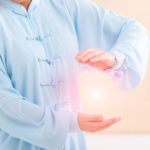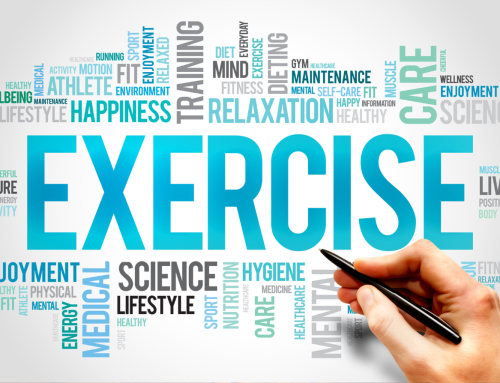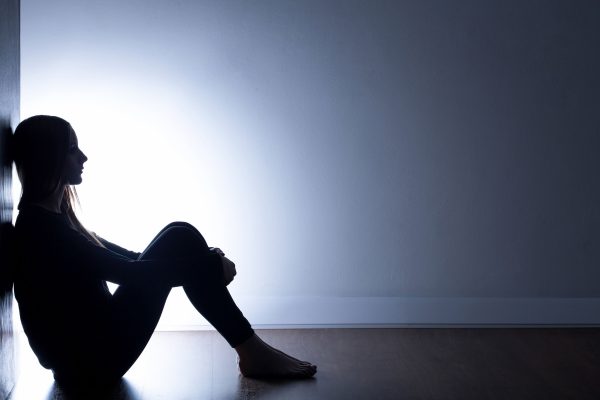
Depression Is More Than Just Sadness
Dr Marcus Tan, a Consultant Psychiatrist from Nobel Psychological Wellness Clinic, a member of Healthway Medical Group, speaks about depression.
When we are faced with difficult situations or losses, it is not unusual to feel sad or distressed as we attempt to adjust to the change in life circumstances. These situations or triggers can include the passing of a loved one, ending of a cherished relationship or losing of a job or role.
For most of us, this sadness is normal and temporary. It improves when we overcome our problems or have come to terms with these life changes.
What is Depression?
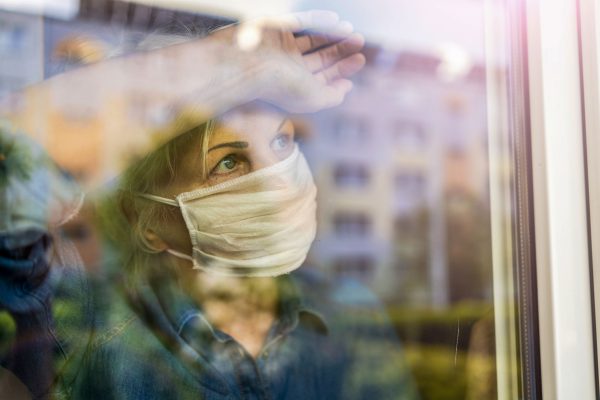
When sadness arises in the absence of a trigger, is out of proportion to the stressor or when it becomes persistent despite improvement in life circumstances, it calls for us to pay closer attention.
Sadness of this quality is termed depression, a common but serious and disabling medical condition that can be treated. Depression can negatively affect how we feel,
the way we think and how we act. It can gradually lead to emotional, cognitive and physical problems, which in turn impacts our ability to function at work and social settings.
Types of Depression

Not everyone with depression experiences the same symptoms. There are several sub-types of depression. Each is distinguished by its unique symptomatic pattern, course and severity.
Sub-types of depression include:
• Major depressive disorder – the most commonly known form of depression where the individual experiences depressed mood, alongside symptoms like loss of interest and low self-esteem across most situations.
• Dysthymia – a chronic, persistent form of depression where the individual experiences low grade depressive symptoms.
• Bipolar depression – a depressive state that occurs as part of Bipolar Disorder. Atypical symptoms of depression e.g. excessive need for sleep and increased appetite can be present.
What Are the Tell-Tale Signs of Depression?

The symptoms which suggest that one may be experiencing clinical depression rather than normal sadness include:
- Depressed mood across most if not all situations
- Loss of interest or pleasure in activities once enjoyed
- Changes in appetite (e.g. weight loss or weight gain unrelated to lifestyle change or diet)
- Difficulty sleeping or sleeping too much
- Getting tired easily or feeling a lack of energy
- Increased irritability
- Feeling more anxious or worrisome
- Trouble thinking, concentrating or making decisions
- Feeling worthless
- Feeling inappropriate guilt
- Having suicidal thoughts
These symptoms can vary from mild to severe and must exist for at least 2 weeks to qualify for a diagnosis of depression.
Depression Is Not Uncommon
Depression can affect anyone, even people who appear to “have it all”. It can occur at any age or phase in our lives. Risk factors ranging from genetics, brain biochemistry and adverse environmental factors have been identified to play a causative or contributing role.
How is Depression Diagnosed?
Assessment for depression involves a detailed interview, physical examination and medical history-taking. Specific questions about family, cultural and environmental circumstances will be asked during the interview. In some cases, blood tests or even imaging studies are done to ensure that the depressive symptoms are not due to other medical conditions such as thyroid disorder or diabetes mellitus.
These assessments will help the doctor or psychologist to tailor a holistic treatment plan for the affected individual.
How is Depression Treated?

Much like a common cold, depression is highly treatable. With prescribed treatment, almost all patients can experience some form of symptomatic relief. About 9 out of 10 eventually respond well to treatment.
Treatment methods usually include psychotherapy, antidepressant medication and/or physical treatments.
• Psychotherapy – or talk therapy which aims to help the individuals to understand their situation and to formulate coping strategies.
• Anti-depressant medications – Help correct brain chemistry imbalances that are now known to have contributed to depressive symptoms. These are not sedatives or tranquillizers and are not habit forming.
• Electro-convulsive therapy – An effective physical treatment or procedure most commonly used on those who have severe or bipolar depression. It is also for individuals who have not responded well to other forms of treatments.
Managing Depression
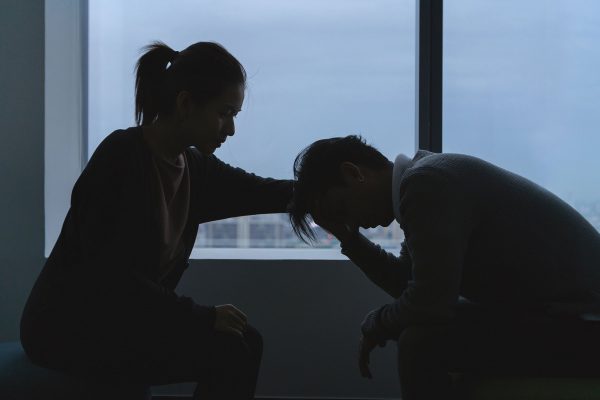
There are many things people can do to help themselves feel better, along with medical treatment.
- People with depression can:
- Start exercising regularly
- Get adequate sleep
- Maintain a healthy diet
- Avoid energy sapping substances such as alcohol
“Like any medical illness, early evaluation and treatment can help reduce unnecessary distress. The first step to recovery is a call to the doctor’s or psychologist’s office to get professional help right away”, advises Dr Marcus.

Dr Marcus Tan
Consultant Psychiatrist
MBBS (Singapore), MMED (Psychiatry), FAMS (Psychiatry)
Clinical Interests in Stress-Related, Mood and Anxiety Disorder
Dr Marcus Tan practiced psychiatry at the Institute of Mental Health, Singapore (IMH), specifically in the areas of general and forensic psychiatry. He is also trained in geriatric psychiatry, child and adolescent psychiatry, military psychiatry and liaison psychiatry. His interests include mood and anxiety disorders, psychotic disorders and stress disorders. He also manages insomnia and has a special interest in culture bound phenomenon.
Presently, his focus is on increasing awareness of psychiatric conditions and improving mental healthcare delivery in the community.
Nobel Psychological Wellness Clinic
452 Ang Mo Kio Ave 10, #01-1773, Singapore 560452 Tel : 6459 2630 | Fax : 6457 4018
Novena Medical Centre, 1
0 Sinaran Drive, #09-35, Singapore 307506
Tel : 6397 2993 | Fax : 6397 7028


